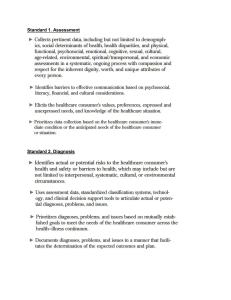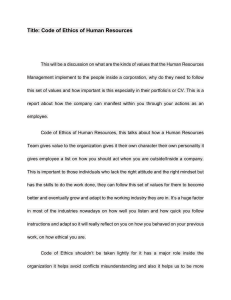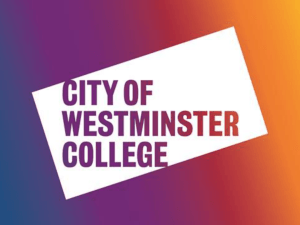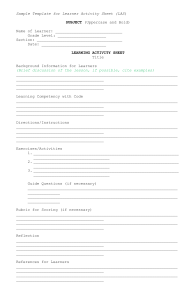Practical Research 1: Characteristics, Processes, Ethics
advertisement
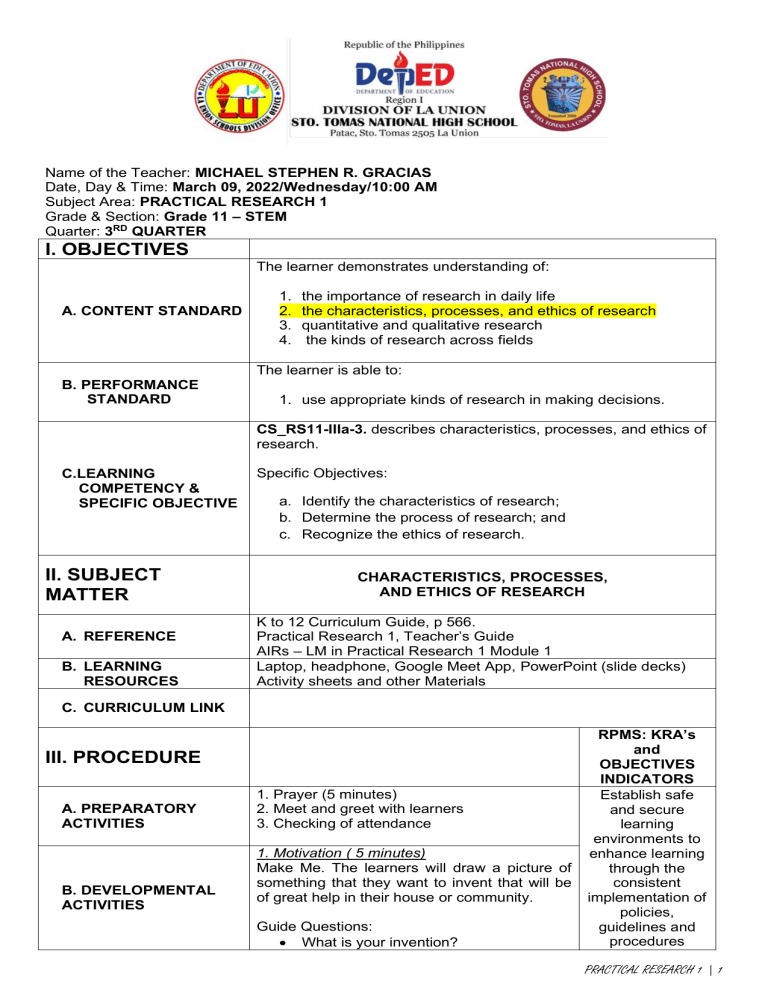
Name of the Teacher: MICHAEL STEPHEN R. GRACIAS Date, Day & Time: March 09, 2022/Wednesday/10:00 AM Subject Area: PRACTICAL RESEARCH 1 Grade & Section: Grade 11 – STEM Quarter: 3RD QUARTER I. OBJECTIVES The learner demonstrates understanding of: A. CONTENT STANDARD 1. 2. 3. 4. the importance of research in daily life the characteristics, processes, and ethics of research quantitative and qualitative research the kinds of research across fields The learner is able to: B. PERFORMANCE STANDARD 1. use appropriate kinds of research in making decisions. CS_RS11-IIIa-3. describes characteristics, processes, and ethics of research. C.LEARNING COMPETENCY & SPECIFIC OBJECTIVE II. SUBJECT MATTER A. REFERENCE B. LEARNING RESOURCES Specific Objectives: a. Identify the characteristics of research; b. Determine the process of research; and c. Recognize the ethics of research. CHARACTERISTICS, PROCESSES, AND ETHICS OF RESEARCH K to 12 Curriculum Guide, p 566. Practical Research 1, Teacher’s Guide AIRs – LM in Practical Research 1 Module 1 Laptop, headphone, Google Meet App, PowerPoint (slide decks) Activity sheets and other Materials C. CURRICULUM LINK III. PROCEDURE A. PREPARATORY ACTIVITIES B. DEVELOPMENTAL ACTIVITIES 1. Prayer (5 minutes) 2. Meet and greet with learners 3. Checking of attendance 1. Motivation ( 5 minutes) Make Me. The learners will draw a picture of something that they want to invent that will be of great help in their house or community. Guide Questions: • What is your invention? RPMS: KRA’s and OBJECTIVES INDICATORS Establish safe and secure learning environments to enhance learning through the consistent implementation of policies, guidelines and procedures PRACTICAL RESEARCH 1 | 1 • • • What is the essence of your invention are made for? Does your invention important? What will you to do improve your inventions? 2. Present the New Lesson Decode Me. The Students will guess the hidden word in every slide to arrive with the lesson for today. Adapt and use culturally appropriate teaching strategies to address the needs of learners from indigenous groups Apply knowledge of content within and across curriculum teaching areas 3. Discussion Discussion on the process, characteristics and ethics of research through interactive games. Use a range of teaching strategies that enhance learner achievement in literacy and numeracy skills 1. Generalization • What are the qualities of a good researcher? • What are the components of the research process? • What are the processes involved in conducting research? • What are the obligations of researchers in order to adhere to professional standards? • Why do we need ethics in research? • What did you learn today? • What is the importance of knowing the research’s characteristics, process and its ethics? • Do you have any questions? Just write your comment and together we will find a way. Maintain learning environments that promote fairness, respect and care to encourage learning 2. Application C. POST DEVELOPMENTAL ACTIVITIES Design, adapt and implement The students will be given activity based on the teaching teacher’s instructions. strategies that are responsive to learners with disabilities, giftedness and talents Adapt and use culturally appropriate teaching PRACTICAL RESEARCH 1 | 2 strategies to address the needs of learners from indigenous groups Formative Assessment 25-item test on the characteristics, processes and ethics of research. IV EVALUATION Number of students within mastery level: _____ Number of students who needs remediation: _____ Take Home Activity a. What are the rights of the participants (indigents) of the respondents in research? V. AGREEMENT/ ASSIGNMENT Use effective verbal and nonverbal classroom communication strategies to support learner understanding, participation, engagement and achievement Adapt and use culturally appropriate teaching strategies to address the needs of learners from indigenous groups Prepared by: MICHAEL STEPHEN R. GRACIAS Master Teacher I Checked by: RENALYN DE LOS REYES Assistant Principal II Noted: ELISEO C. BUENAFE, Ph. D. Principal IV PRACTICAL RESEARCH 1 | 3
